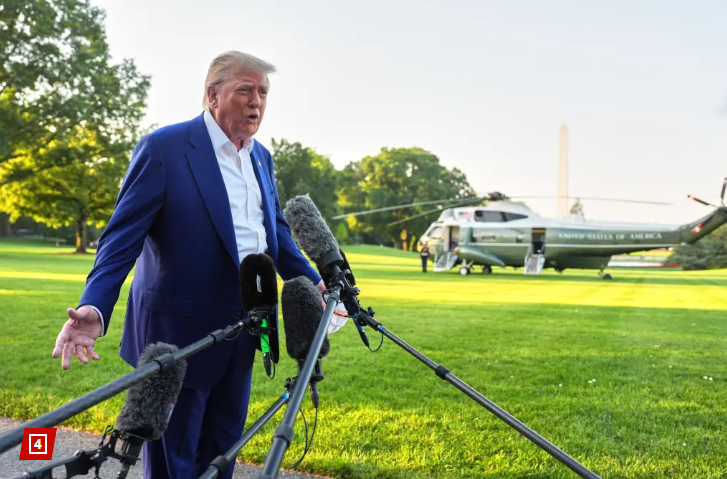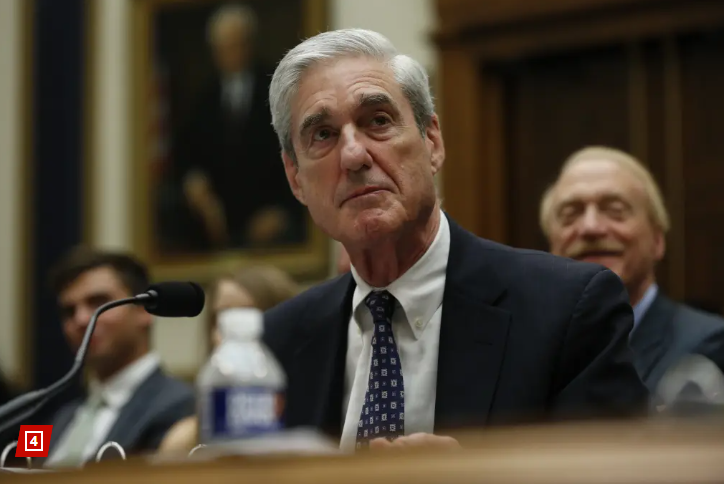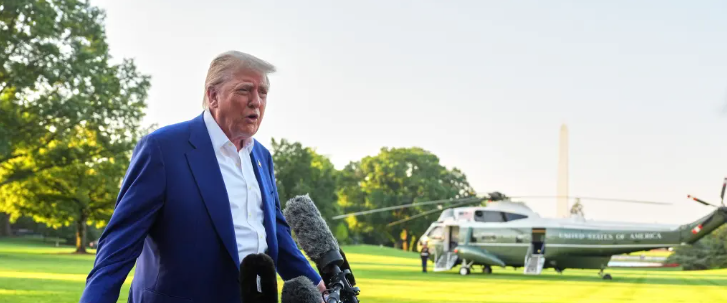
In a pointed critique of his former employer, a former CNN anchor has accused the network of entering a “death spiral” due to what he describes as an obsessive, years-long focus on the Trump-Russia investigation. The comments have reignited debate about the role of media bias, overcoverage, and the long-term reputational consequences for mainstream news organizations in a deeply divided political climate.
Former Insider Speaks Out
John Blake, a veteran journalist and former CNN anchor who departed the network in 2023, broke his silence during a recent media roundtable discussion hosted by the Columbia School of Journalism. When asked about CNN’s ratings slump and declining public trust, Blake didn’t mince words.
“CNN didn’t just report the Trump-Russia story — they marinated in it,” he said. “It became a form of addiction. Every day, every hour, it was some variation of ‘Is this the moment Trump goes down?’ And the audience eventually tuned out.”
Blake claims the network became consumed by the Russia narrative, to the point of alienating viewers looking for broader, more balanced news coverage. “The obsession crowded out everything else,” he said. “It was like we forgot how to report anything that didn’t involve Trump and collusion.”
The Trump-Russia Coverage Era
Beginning in 2016 and dominating the news cycle through 2019, the Trump-Russia investigation stemmed from allegations that the Trump campaign colluded with Russian operatives to influence the outcome of the 2016 presidential election. The coverage intensified during the tenure of Special Counsel Robert Mueller, who led a two-year probe into the matter.
CNN was one of several major networks that gave wall-to-wall coverage to every development in the investigation — from indictments to leaks to Mueller’s final report. Although the probe led to multiple indictments and revealed questionable contacts between Trump associates and Russian entities, Mueller ultimately did not establish criminal conspiracy or coordination between Trump’s campaign and the Russian government.
While many media outlets moved on after Mueller’s final report, critics argue that CNN’s heavy investment in the narrative caused long-term damage to its credibility.
Ratings in Decline

Following the 2020 election and President Trump’s departure from office, CNN experienced a sharp ratings downturn. Once bolstered by round-the-clock Trump coverage, the network saw its primetime viewership fall by more than 50% in the months following Joe Biden’s inauguration.
Blake argues that CNN became “hooked” on outrage programming and “forgot how to be a newsroom,” which made the network vulnerable once its central antagonist — Trump — was no longer in office.
“They built an entire business model around the idea that Trump was both the problem and the content solution,” Blake explained. “But when the villain leaves the stage, the show needs a new plot. CNN never figured that out.”
A Network in Transition
In recent years, CNN has undergone several leadership shakeups in an attempt to reset its identity. The ousting of former president Jeff Zucker, followed by the brief tenure of Chris Licht, marked turbulent times internally. New initiatives aimed at returning CNN to “down-the-middle” journalism have struggled to gain traction with audiences, many of whom view the network as politically left-leaning.
Recent attempts to host town halls with Republican figures and broaden ideological representation on air have been met with mixed reactions. Longtime viewers have expressed confusion over CNN’s shifting tone, while critics from both sides of the political spectrum accuse the network of inconsistency and opportunism.
Trump Reacts

As expected, Donald Trump responded to the recent comments with his trademark flair on social media. Posting on Truth Social, the former president wrote:
“CNN is finally being called out for the FAKE NEWS it’s always been. They pushed the Russia HOAX for years because they had NOTHING ELSE. Ratings disaster! Total collapse!”
Trump has frequently targeted CNN, referring to it as “the enemy of the people” and claiming the network unfairly targeted his presidency. His criticisms, though polarizing, have found a receptive audience among many conservative Americans who view mainstream media with deep skepticism.
Media Analysts Weigh In
Media experts say Blake’s comments reflect broader concerns about the future of journalism in a hyper-partisan era. According to Paul Richter, a professor of media ethics at NYU, the Trump-Russia story was a defining moment for CNN — but also a cautionary tale.
“There’s no question that the Trump-Russia probe was newsworthy,” Richter noted. “But when any network devotes so much airtime to a single storyline, it risks losing editorial balance and eroding trust.”
Richter argues that the media landscape today is driven by engagement metrics and online virality, often at the expense of in-depth reporting. “News has become theater,” he said. “And when the spotlight dims, many outlets don’t know how to reset.”
The Future of CNN

CNN remains a key player in global news, but its domestic identity crisis continues to unfold in real time. With a fragmented audience, increasing competition from digital-first outlets, and growing public skepticism of legacy media, CNN’s path forward is anything but certain.
Some analysts believe the network can rebuild trust by investing in more investigative journalism, diversifying perspectives, and focusing on local and international news rather than sensational political drama. Others believe the damage from the Trump-Russia obsession may take years to undo — if ever.
“Trust is earned slowly and lost quickly,” Blake concluded. “CNN didn’t just lose viewers — it lost its sense of purpose. And the road back starts with rediscovering what journalism is supposed to be: truth without obsession.”



